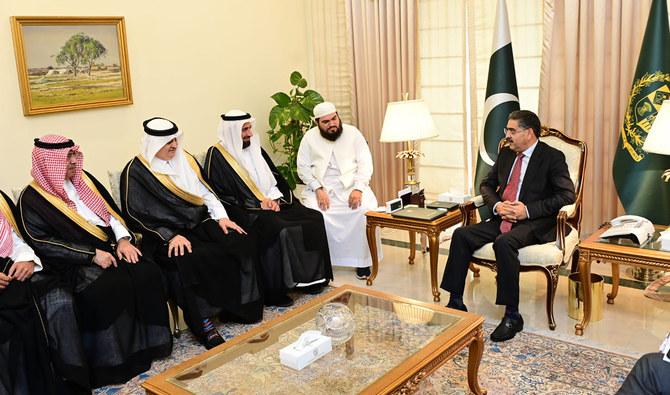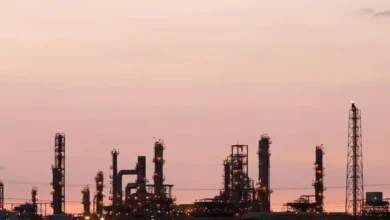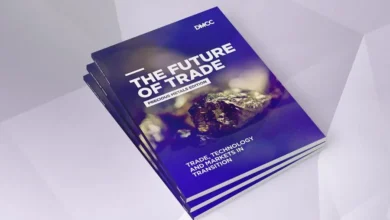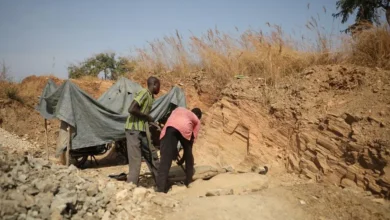
- Pakistan set up Special Investment Facilitation Council in June to attract foreign investment, particularly from Gulf countries
- Saudi Arabia’s continued support is key for Pakistan as economic stabilization is a major challenge for PM Kakar
Pakistan Caretaker Prime Minister Anwar-ul-Haq Kakar on Monday thanked Saudi Arabia for arrangements during this year’s Hajj pilgrimage and for its interest in projects being set up under a new Special Investment Facilitation Council (SIFC).
Pakistan set up the SIFC in June to attract foreign investment, particularly from Gulf countries. A notification dated June 17 from then Prime Minister Shehbaz Sharif’s Office said SIFC would attract investments in energy, IT, minerals, defense and agriculture from GCC countries. The body, which has the army chief and other military leaders in key roles, aims to take a “unified approach” to steer the country out of economic crisis.
Earlier this month, a delegation from the Kingdom arrived in Pakistan to explore investment opportunities in the mining sector, aiming to tap into Pakistan’s $6 trillion estimated worth of mineral deposits. The Saudi delegation attended Pakistan’s first dedicated summit on minerals in Islamabad, which was organized under the umbrella of the SIFC.
In July, Pakistan established a Land Information and Management System, Center of Excellence ((LIMS-CoE) to modernize its agricultural sector, with Saudi Arabia providing an initial $500 million investment to set up the facility.
“Appreciated the Kingdom’s efforts during this year’s Hajj and its investment interest under the SIFC,” Kakar said in a social media post after a meeting with Saudi Minister of Hajj and Umrah, Dr. Tawfiq Al-Rabiah, who arrived in Pakistan on a four-day visit on Sunday.
“Grateful for their commitment toward fostering ties, from religious pilgrimages to promoting Saudi tourism to Pakistan.”
Saudi Arabia’s continued economic and investment support is key for Pakistan, as economic stabilization is a major challenge for PM Kakar, who took oath last week, with the $350 billion economy on a narrow recovery path after an ongoing $3 billion International Monetary Fund bailout averted a sovereign debt default. Economic reforms have already fueled historic inflation and interest rates.
Pakistan received $2 billion in financial support from Saudi Arabia in July, a day before the International Monetary Fund’s board gave the final approval for the bailout deal. The Middle Eastern country pledged the funds in April, but had held off depositing the money with the State Bank of Pakistan until it was sure that the IMF bailout would be forthcoming.
Pakistan has deep-rooted ties with the Kingdom which is home to more than two million Pakistani expatriates, making it the largest contributor of remittances.




